This may come as a shock, but it needs to be said: Your favorite high school history teacher probably left a few things out. That’s right, the entire history of human civilization cannot be fully explored in a single year-long class. Who knew?
So if you still consider yourself a history buff, it may be time for a little extra reading. Within the five excellent books below, you will discover surprising stories, facts, and ideas that you won’t find in any high school curriculum.
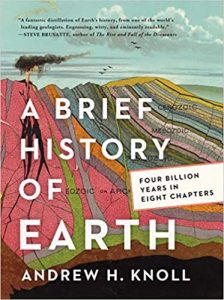
A Brief History of Earth: Four Billion Years in Eight Chapters
By Andrew H. Knoll
Drawing on his decades of field research and up-to-the-minute understanding of the latest science, renowned geologist Andrew H. Knoll delivers a rigorous yet accessible biography of Earth, charting our home planet’s epic 4.6 billion-year story. View Our “Book Bite” Summary
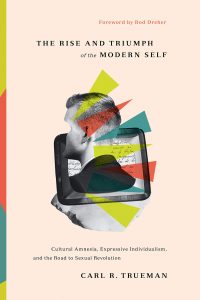
The Rise and Triumph of the Modern Self: Cultural Amnesia, Expressive Individualism, and the Road to Sexual Revolution
By Carl R. Trueman
In this timely book, religious scholar Carl Trueman analyzes the development of the sexual revolution as a symptom—rather than the cause—of the human search for identity. View Our “Book Bite” Summary
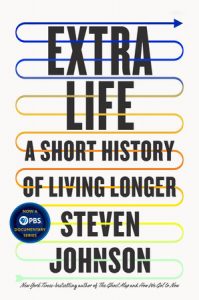
Extra Life: A Short History of Living Longer
By Steven Johnson
As a species, we have doubled our life expectancy in just one hundred years. All the advances of modern life—the medical breakthroughs, the public health institutions, the rising standards of living—have given us each about twenty thousand extra days on average. Extra Life is the remarkable story of how that happened. View Our “Book Bite” Summary
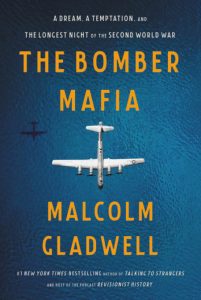
The Bomber Mafia: A Dream, a Temptation, and the Longest Night of the Second World War
By Malcolm Gladwell
Malcolm Gladwell weaves together the stories of a Dutch genius and his homemade computer, a band of brothers in central Alabama, a British psychopath, and pyromaniacal chemists at Harvard to examine one of the greatest moral challenges in modern American history. View on Amazon
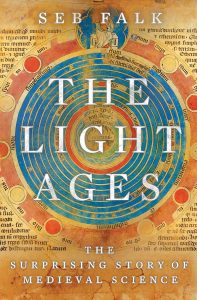
The Light Ages: The Surprising Story of Medieval Science
By Seb Falk
Cambridge science historian Seb Falk takes us on a tour of medieval science through the eyes of a fourteenth-century monk named John of Westwyk, showing how medieval ideas continue to color how we see the world today. View Our “Book Bite” Summary
To enjoy Book Bites from anywhere, download the Next Big Idea app today:































